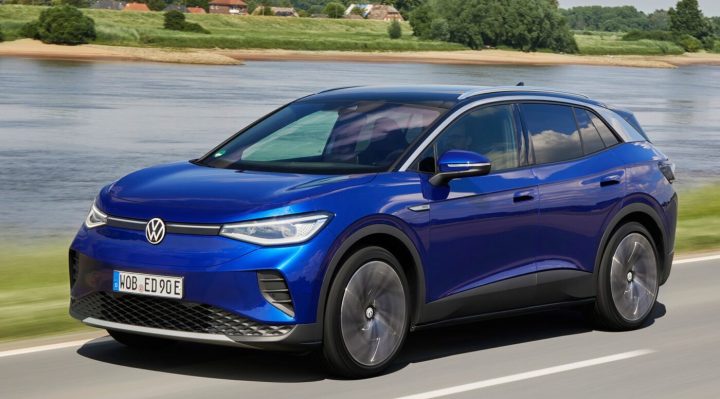After an extremely strong June, just under 6,000 new electric cars hit the road in Norway in July. That may seem low compared to the previous month, but it is a decent result in the traditionally weak holiday month of July.
Obviously, the 14,009 new electric car registrations from June (almost double the figure for May) could not be maintained in July. New registrations across all drive types in Norway drop considerably during the summer holidays. The 5,934 new electric cars in July represent a decline of 116 per cent compared to the previous month. Compared to July 2023 with its 6,148 new electric registrations, however, it is only a decline of 3.5 per cent.

In total, only 6,456 new passenger cars were registered in Norway in July, which is 14.2 per cent fewer than in the same month last year – and less than half of the BEV registrations from June. Although EV registrations are down month-on-month and year-on-year, the 5,934 new electric cars represent an electric share of 91.9 per cent of all new registrations. That is a very good result, as in July 2023 (with slightly higher EV registrations in absolute terms), the share of BEVs was only 81.7 per cent.
In addition, there were just 153 plug-in hybrids in July (-75 per cent compared to July 2023). Part-time electric vehicles thus had a market share of 2.4 per cent, meaning that 94.3 per cent of all new cars in Norway had a charging connection in July. The Norwegian road authority OFV does not report fuel cell cars separately, but they also only account for very small numbers in the Scandinavian eMobility pioneer country.
That also applies – unsurprisingly, given the almost 92 per cent BEV market share – to the other drive types. Of the “non-rechargeable hybrids” (i.e. mild and full hybrids), 160 were put on the road (-64 per cent compared to July 2023), while the number of pure diesel cars was 164, with a market share of 2.5 per cent. The OFV only registered 45 petrol-only cars in July – with a market share of 0.7 per cent.
The model statistics also show that July is a weaker month: no model series achieved four-digit registration figures. The best-selling model was the VW ID.4, with 593 new registrations, followed by the Toyota bZ4X (387) and the Skoda Enyaq (371). The podium is thus all-electric, with two of the three models based on the Volkswagen Group’s MEB platform.
The new Volvo EX30 remains well in the running. With 323 units, it is still the second best-selling model in Norway this year—behind the Tesla Model Y. However, with 157 vehicles sold in July, the Tesla SUV did not have a good month and was even well behind the Model 3 (295 vehicles). The best non-electric vehicle was the Toyota Yaris, with 101 new registrations.



